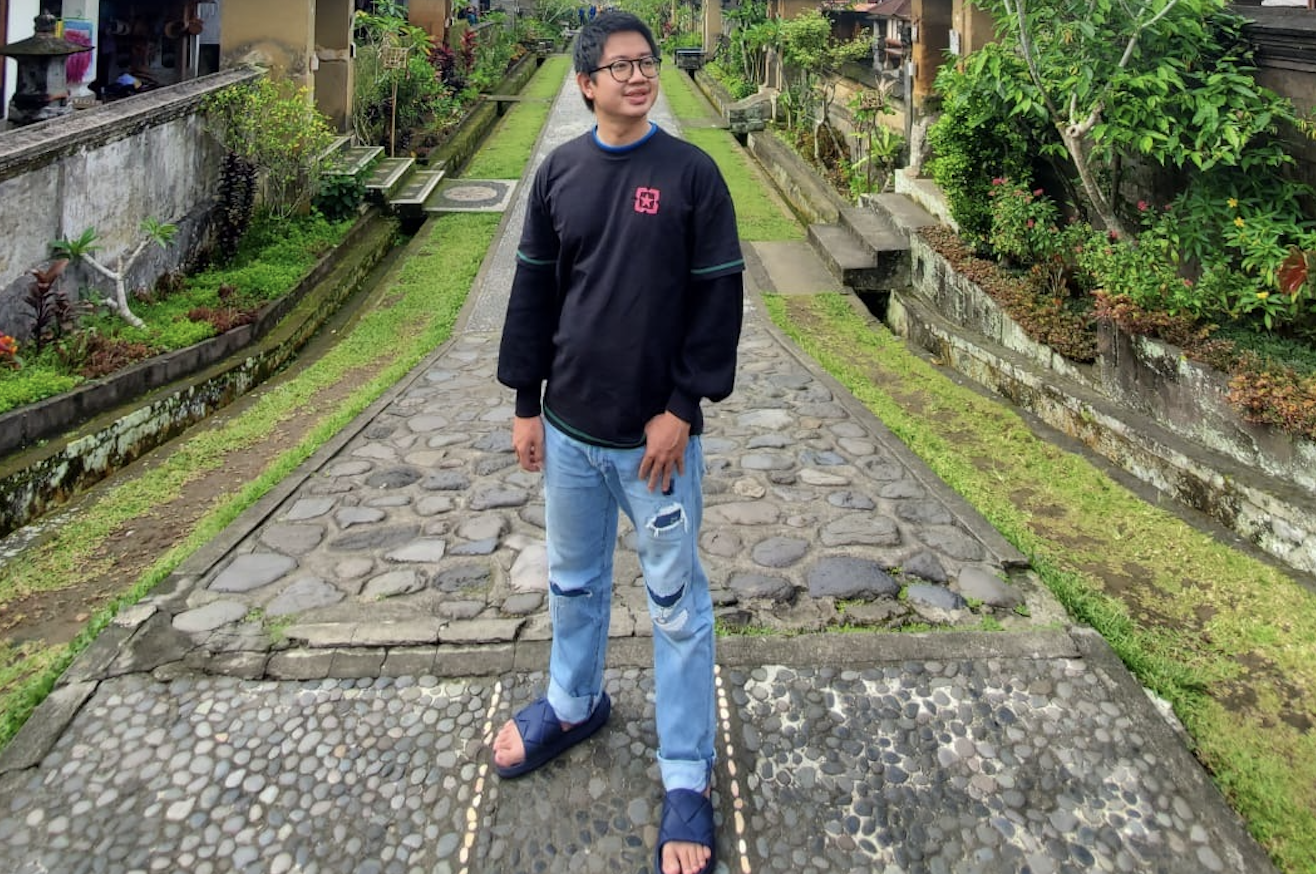
News
Sticks and Stones
Play audio version
Bullied at a Young Age, DJP Fellow Naufal Asy-Syaddad Encourages Other Young Indonesians with Autism to Know Their Rights
June 24, 2022
Click here for the Bahasa Indonesia version of this article.
When Naufal Asy-Syaddad was in high school, his mother, Lani Setyadi, noticed a bruise on the side of his face. Naufal said he’d fallen at school, but Lani wasn’t buying it. “The position [of the bruise] was just really, really suspicious to me,” she says.
It wasn’t like Naufal to lie. A person with autism, he was usually honest to a fault. Eventually, he admitted there had been an incident at the boarding school he attended. Some classmates had told him a friend of his was sick in a nearby room. When Naufal entered, the bullying began. “First … he was asked to sing … and after that all the children said they want to play … martial arts,” says Lani. They let Naufal start – and then seven students took their shot at him. Naufal ended up with a blood clot on his brain and other injuries.
The moment Lani remembers most clearly, though, happened after she discovered the bruise and other injuries. Sitting in front of a small neighborhood mosque one afternoon, Naufal turned to her and asked, “Why do people want to do bad to others?”
Inadequate Government Response
“I believe that people with autism are not the source of the problem,” says Naufal, speaking through an interpreter. “It’s just because there is asynchrony between their needs and the environment and also because of their skills, or lack thereof, to interact or to respond properly to their surroundings. … We are highly misunderstood. We are considered rude. We are considered impolite.”
Now a fellow with the Disability Justice Project, Naufal was diagnosed with autism at 18 months old. His mother noticed some of the typical signs for a child his age – lack of eye contact, looking at the same pages in a book over and over, and general restlessness and hyperactivity. According to the World Health Organization (WHO), one out of every 100 children worldwide is autistic. However, in Indonesia, the data is scarce, and without concrete numbers proving a need for services, the government’s response has been inadequate. Particularly in more rural areas, some communities dismiss the concept of autism altogether. Parents are judged for their child’s apparent lack of self-control, and young people with autism are left behind.

Worried for their children, many parents like Lani take it upon themselves to establish their own autism centers and foundations and to build their own communities of support. “In 2003 … when [Naufal] started to go to the kindergarten, a lot of kindergartens didn’t want him,” says Lani, who has a background in education. “[They] said that if … we have a child like this in our school … it will be difficult … to attract students because there is a ‘bad-mannered boy’ in the school.” Not long after, Lani started a school of her own for children with autism. She and her staff at the Yogasmara Foundation also work to educate people about autism and to advocate for inclusion in the schools and throughout society.
Becoming a Spokesperson
At the foundation, Naufal has found a home. He works on the finance team and chairs the foundation’s youth group. He also has served as a spokesperson for the organization, raising awareness about autism in his community and beyond. In 2015, Naufal was chosen to be a “disability ambassador” representing Indonesia in a training in Thailand on the rights of people with disabilities. Lani says it took him years to talk openly about his autism. “We learn about the disability rights. I think this is the first step for him, to make him realize that it is OK … being autistic and it is not something bad and this is who you are,” she says.
In addition to being a spokesperson for the foundation, Naufal has been featured in the local press for other reasons. From a very early age, his talents in math were abundantly clear. When he was 11, he won his first national math championship, and the awards kept piling up from there. Eventually, he was offered a scholarship to attend a boarding school – one of the best in Semarang, the capital of Central Java. His memories from those years are bittersweet. “I was so depressed,” he says, referring to the bullying, “but I’m able to be strong and be strong enough to face all the bullies.”
Naufal went on to earn a degree in mathematics from Diponegoro University. His college experience was much more rewarding. “My friends in college … were accepting of me. They were accepting of my disability,” he says. “I have learned. I have grown.”
Lani says her motivation for doing the work she does always goes back to her son. “I think everything is always triggered by my concern about Naufal’s future. It’s always there,” she says. “We need to create the environment that accepts [people with autism] for who they are … and then give the opportunity … in any aspect of life so that they can experience, they can learn.”
Jody Santos is the founding executive director and editor-in-chief at the Disability Justice Project.
News From the Global Frontlines of Disability Justice
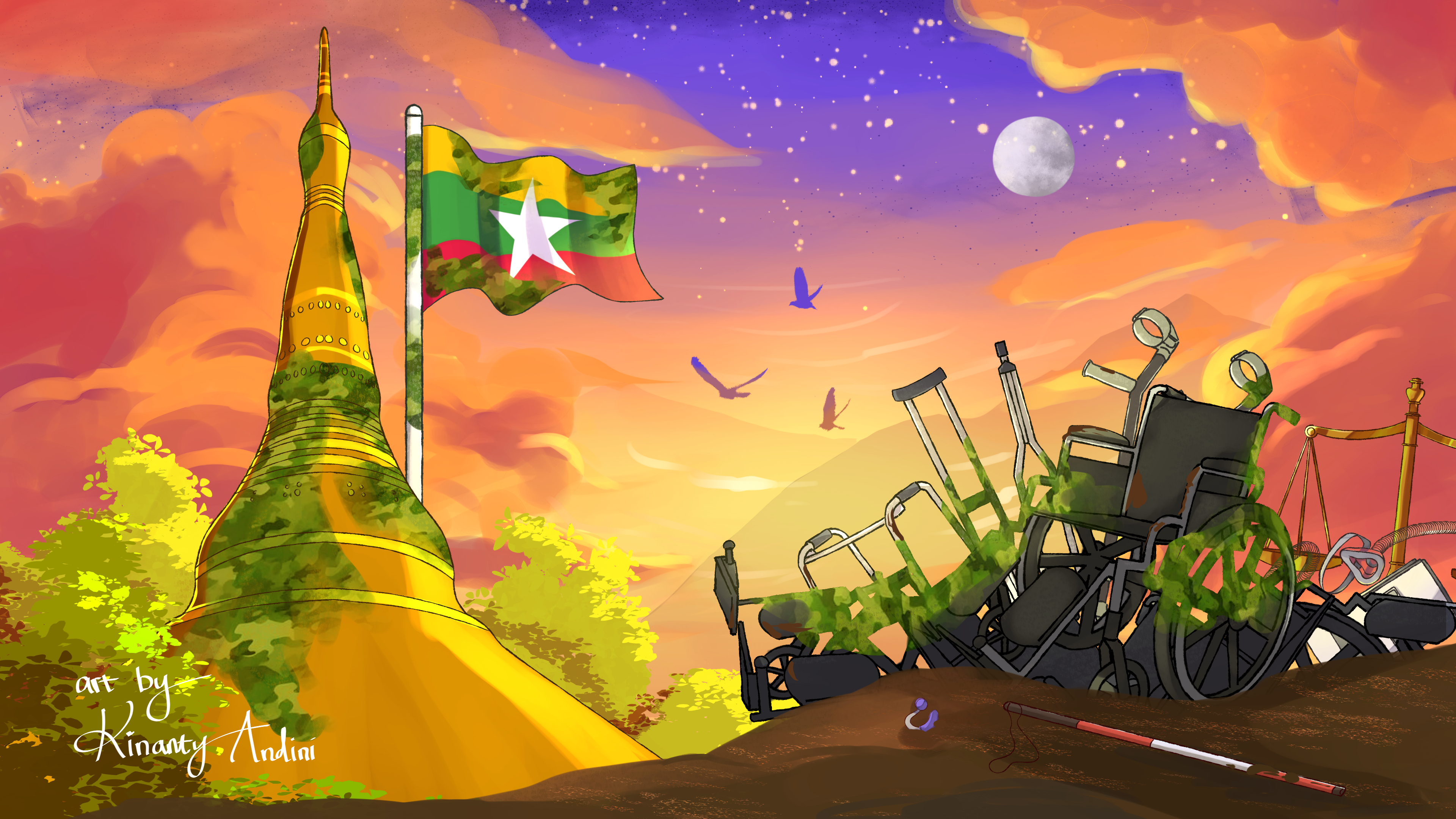
‘Everything Has Gone Back’
Before Myanmar’s 2021 military coup, disability advocates were helping shape national policy for the first time in decades. Laws expanded access to education, transportation, and public life. Today, much of that progress has collapsed. A new UN report describes a “hidden crisis,” documenting targeted violence, deadly attacks, and the exclusion of people with disabilities from warnings, aid, and services. As conflict creates new disabilities and organizations are forced underground, advocates work quietly to preserve rights that once seemed within reach.
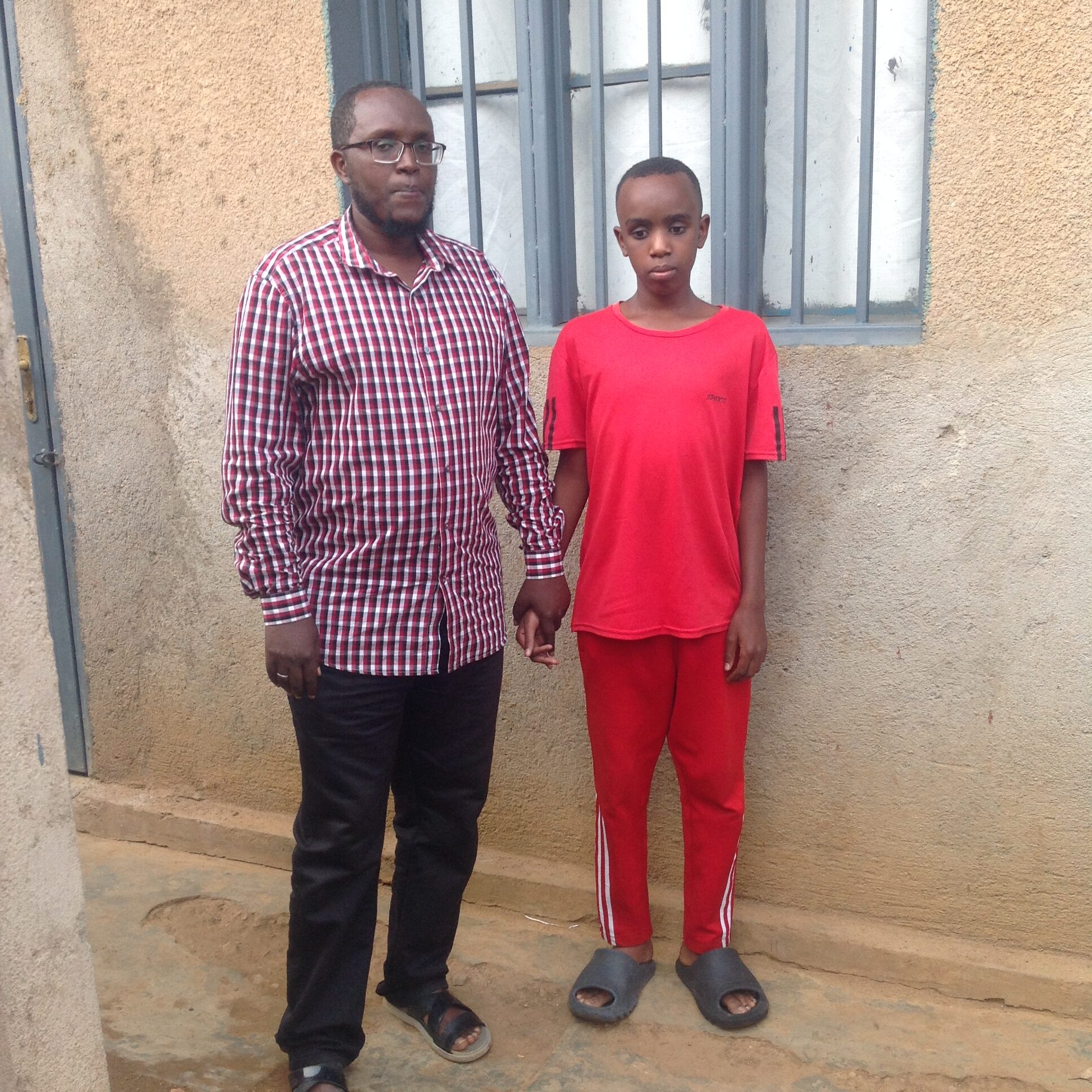
‘I Just Want to Walk Alone’
Fourteen-year-old Saifi Qudra relies on others to move safely through his day. Like many blind children in Rwanda, he has never had a white cane. His father, Mussah Habineza, escorts him everywhere. “He wants to walk like other children,” Habineza says, “He wants to be free.” Across Rwanda, the absence of white canes limits children’s mobility, confidence, and opportunity. For families, it also shapes daily routines, futures, and the boundaries of independence.
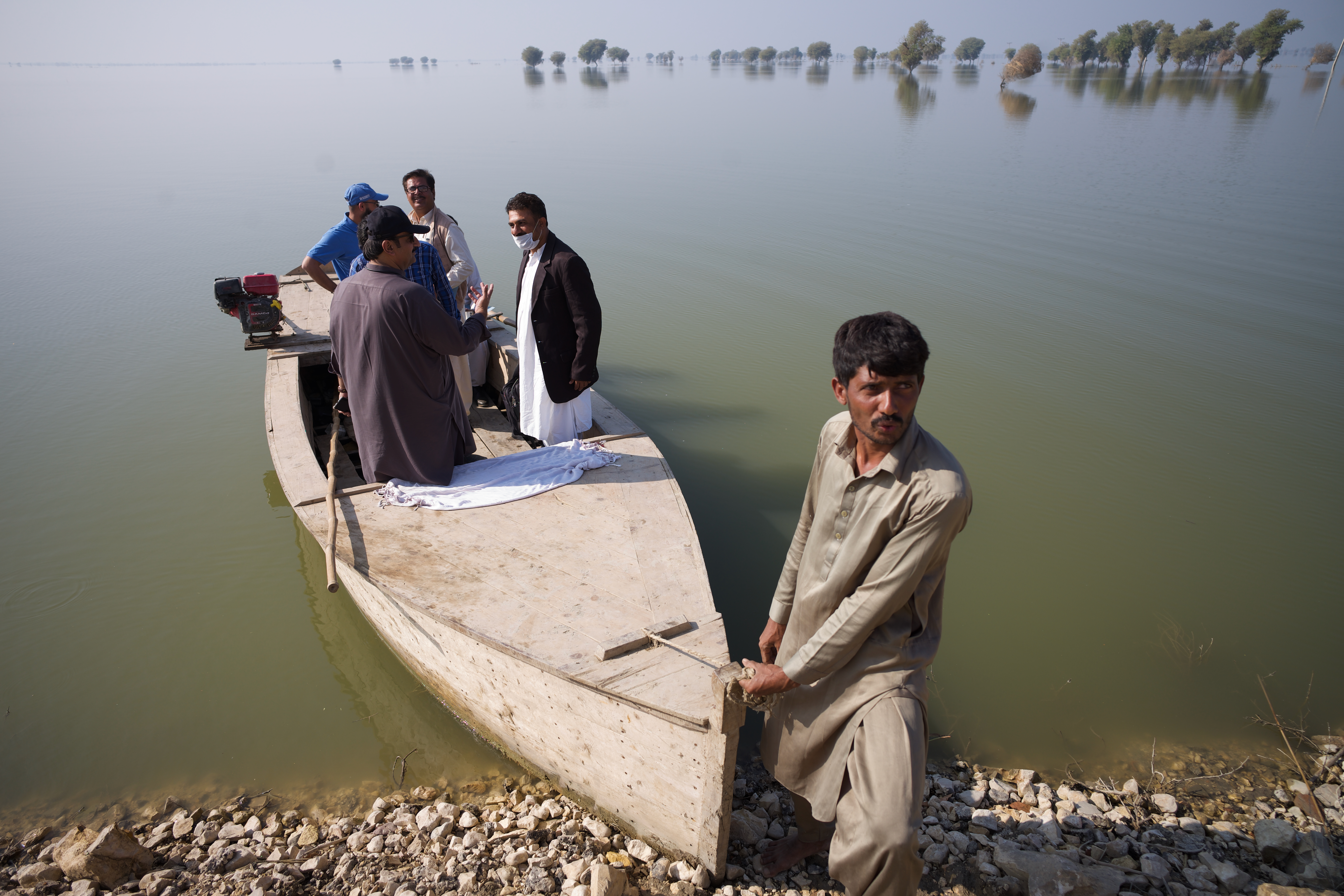
‘Evacuation Routes Are Meant for People Who Can Run’
As climate change and conflict intensify across Pakistan, emergency systems continue to exclude people with disabilities. Warning messages, evacuation routes, and shelters are often inaccessible, leaving many without critical information when floods or violence erupt. “Evacuation routes are built for people who can run,” Deaf author and policy advocate Kashaf Alvi says, “and information is broadcast in ways that a significant population cannot access.”
Read more about ‘Evacuation Routes Are Meant for People Who Can Run’
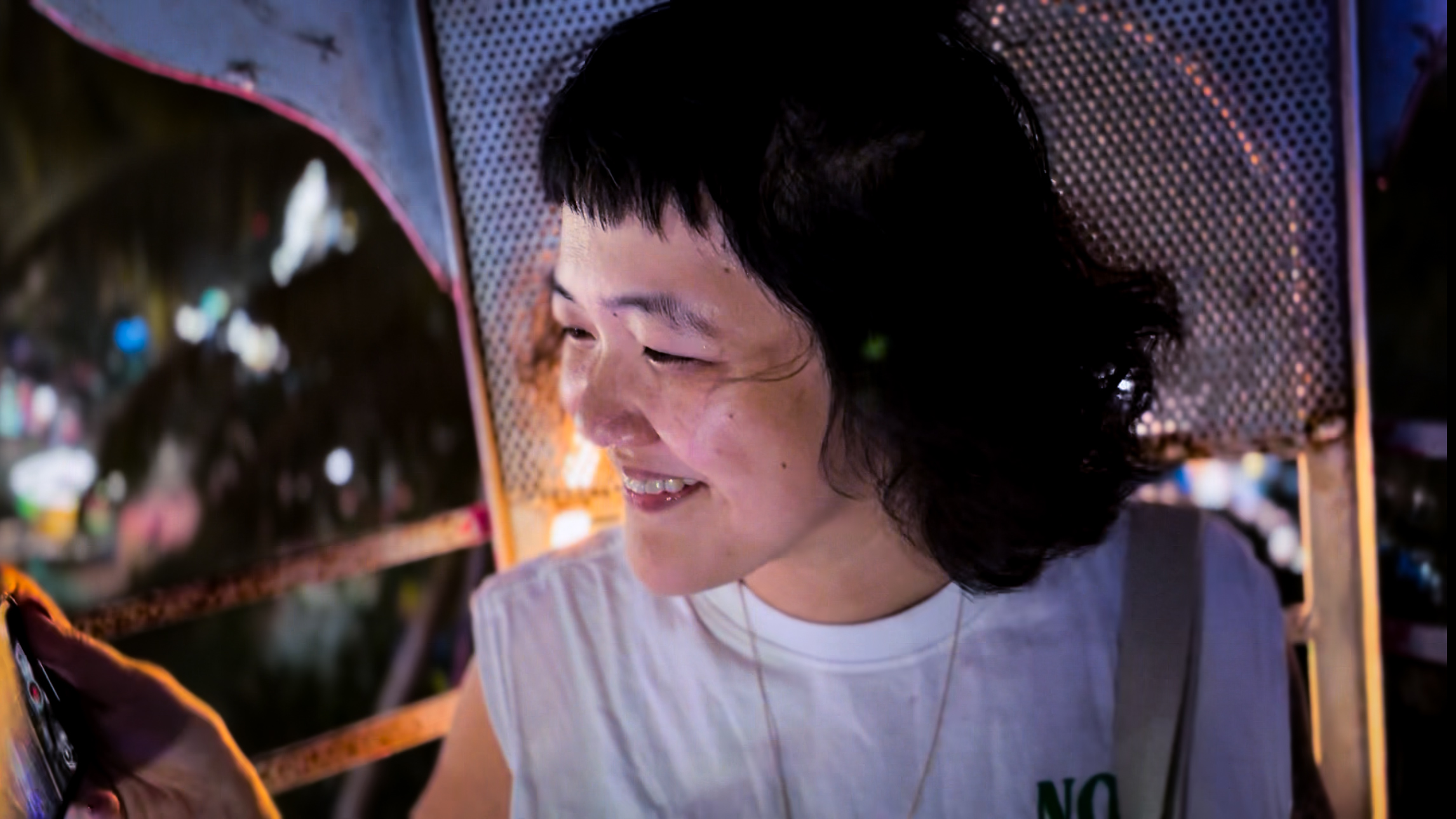
Autism, Reframed
Late in life, Malaysian filmmaker Beatrice Leong learned she was autistic and began reckoning with decades of misdiagnosis, harm, and erasure. What started as interviews with other late-diagnosed women became a decision to tell her own story, on her own terms. In The Myth of Monsters, Leong reframes autism through lived experience, using filmmaking as an act of self-definition and political refusal.
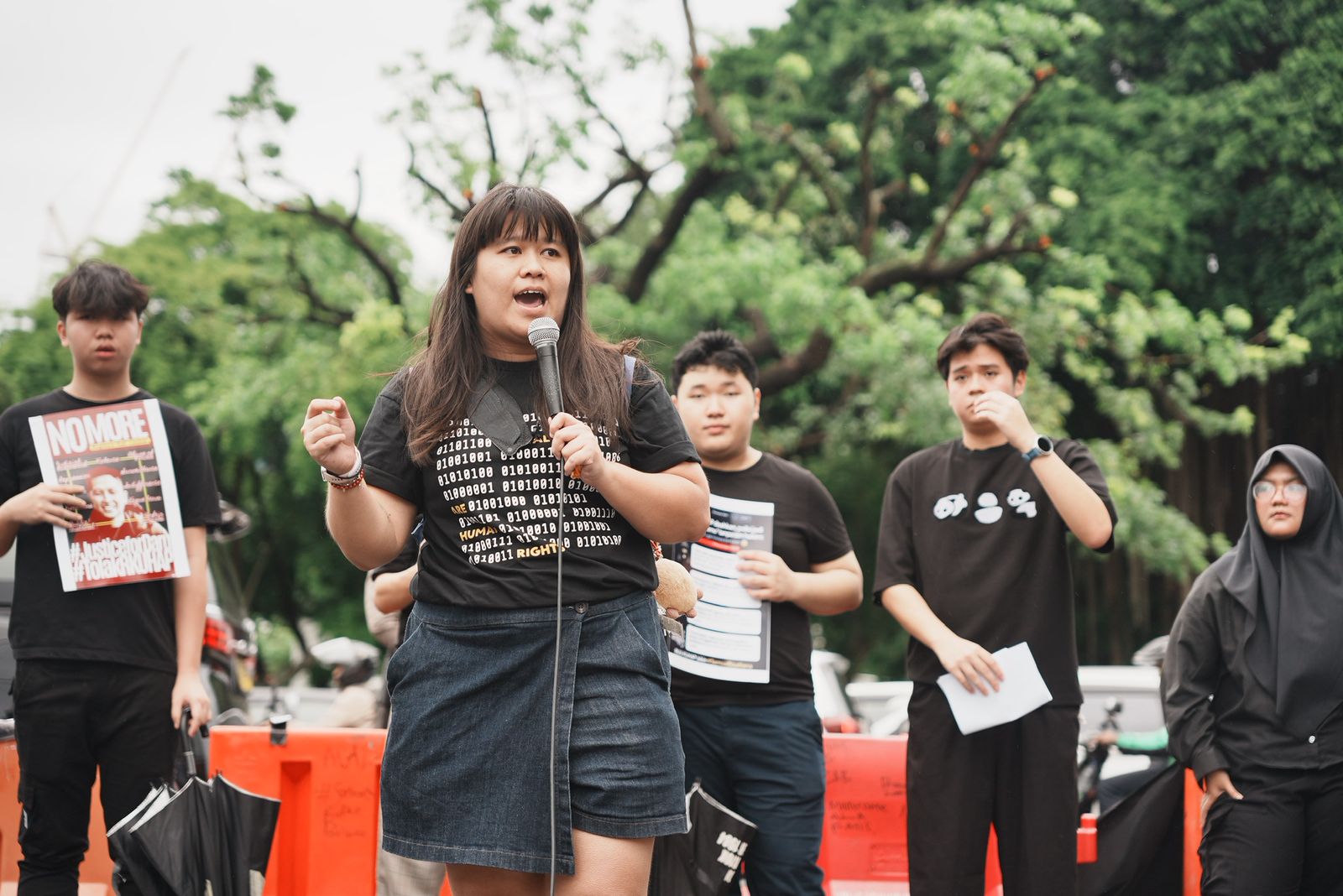
Disability and Due Process
As Indonesia overhauls its criminal code, disability rights advocates say long-standing barriers are being reinforced rather than removed. Nena Hutahaean, a lawyer and activist, warns the new code treats disability through a charitable lens rather than as a matter of rights. “Persons with disabilities aren’t supported to be independent and empowered,” she says. “… They’re considered incapable.”

Disability in a Time of War
Ukraine’s long-standing system of institutionalizing children with disabilities has only worsened under the pressures of war. While some facilities received funding to rebuild, children with the highest support needs were left in overcrowded, understaffed institutions where neglect deepened as the conflict escalated. “The war brought incredibly immediate, visceral dangers for this population,” says DRI’s Eric Rosenthal. “Once the war hit, they were immediately left behind.”